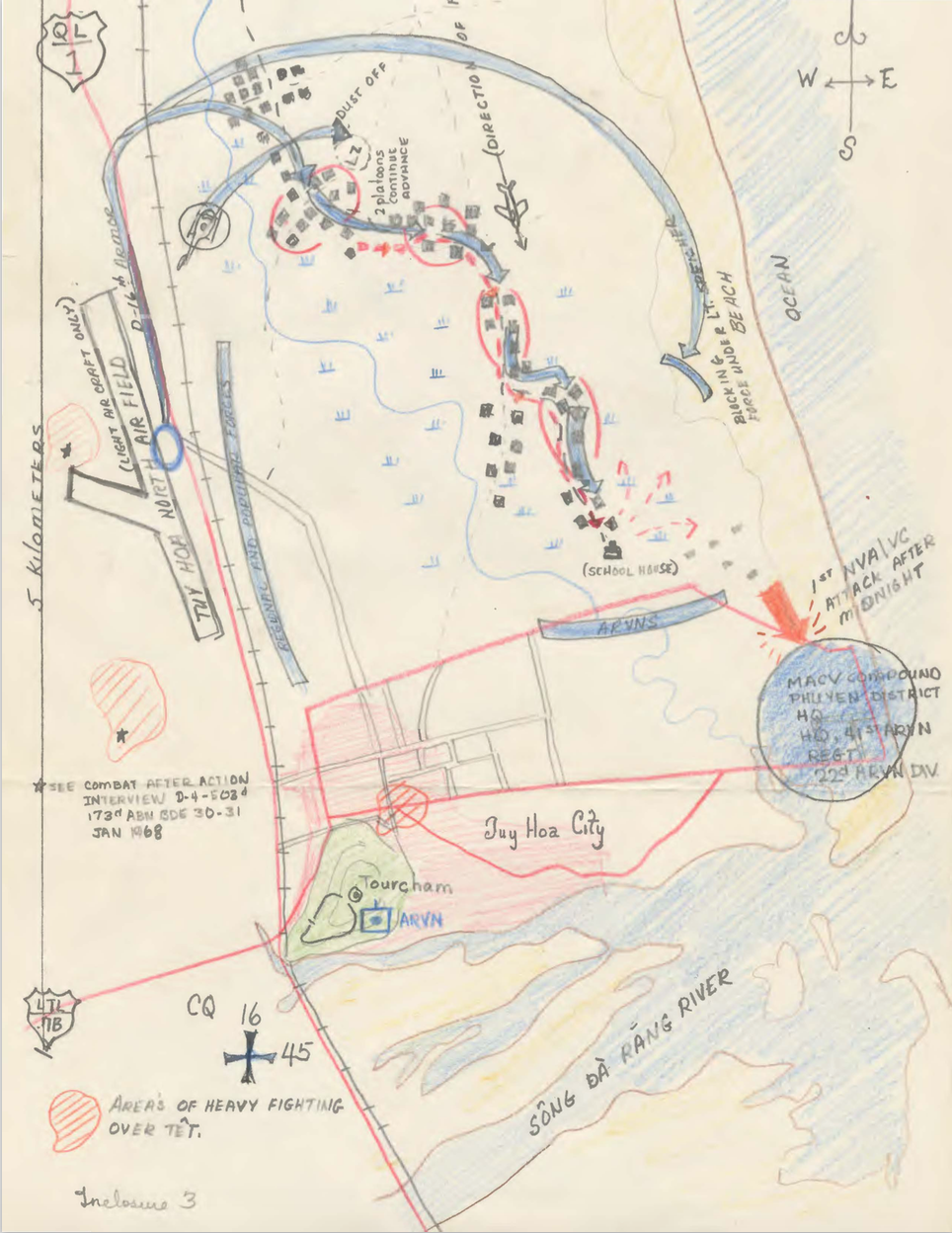Note: This post originally appeared on my previous, now defunct blog Thompsonwerk.
Back in March 2009 I was accepted into the history PhD program at the University of Southern Mississippi. Why I did not announce the acceptance back then is a hard question to answer. It is not because I was too busy, or that I thought it was not worth writing about. Sure, I was waiting to hear back from other universities, but that was not the sole factor. Rather, I was not sure what to say besides the fact that I got in to the program. For such an important moment in my life I wanted to be certain I could write a post that best expressed my thoughts on the entire application process, while offering some advice to those following in my academic foot steps.
Unlike the many people you hear that say they knew they were PhD material early on, I need more time to figure that out. It is one thing to know you love history, but is an entirely different matter to make it your life. By my third year of undergrad I knew I wanted to get a history MA and perhaps even a doctorate. I obtained my MA within a year of obtaining my BA and was in need of a break from being a student. As a result, I spent the next two years as an adjunct instructor at my undergrad college. During that time I realized that military history was my field and that I was ready to become a student once more. I thoroughly enjoyed teaching it and was excited at the thought of expanding my knowledge through research at the PhD level.
What I wanted to study, as it does with everyone, dictated the universities I was interested in attending. Wanting to specialize in both American and European military history, coupled with who I wanted to study under, further reduced my program choices. A year prior to applying to any PhD program, I had the fortune of meeting and chatting with my soon-to-be advisor at a military history conference in Ontario, Canada. Future conversations with him and current USM grad students lead me to selecting USM. Many will tell you that you ought to choose a program based on the reputation of both the school and your future adviser. More importantly, the program should be strong in your desired field. USM is a rising star in the military history community, making my decision all the more sensible. To me, however, the person I wanted to study under was critical to the decision process. Having benefited from strong relationships with former advisors, I knew I needed something similar at the PhD level.
Funding should be the make or break factor when accepting an offer. If a program fails to deliver any funding, then the decision is easy; do not go. If you are offered solid funding (a tuition waiver, plus a stipend of some magnitude), then you should consider the offer very seriously. Do remember to factor in quality of your possible advisor as well as the reputation and abilities of the program. Together these three factors will help you choose a program that is serious about you, while placing yourself in an academic environment best suited to your interests.
A factor that many argue is important to the program selection process is the geographical location of the institution. Personally, I believe that the geographical location (i.e. North vs South) of a university is not crucial. The rational being that you are going to be spending most of the next four to six years indoors, knee deep in literature; so the amenities of the school’s surrounding environs fail in comparison to the quality of the programs faculty and funding. To that end, the physical location (i.e. urban vs. rural) of the school is important. Being married, the physical location of USM was discussed in relation to the job opportunities that might be available to my wife. In that instance, geography might be more important to your significant other than to yourself. Nevertheless, it does help to discuss what type of location would best suite the needs of both you and your loved one. Larger cities, in theory, afford ample employment opportunities. A small town setting might restrict the chances of your loved one gaining meaningful employment. To be blunt, the income generated by your partner can be significant in that it is an additional source of funding. Therefore the cost of living needs to be apart of the equation. Hopefully, your means of income are sufficient to cover living necessities.
Ultimately, I selected my program based on criteria I deemed the most essential to the selection process. On that note, picking a program is an extremely personal experience. Outside advice can point you in the proper direction, but it cannot choose a program for you. You are choosing to spend a considerable amount of time and effort at an university based upon the criteria you used during the selection period. So be true to yourself.
